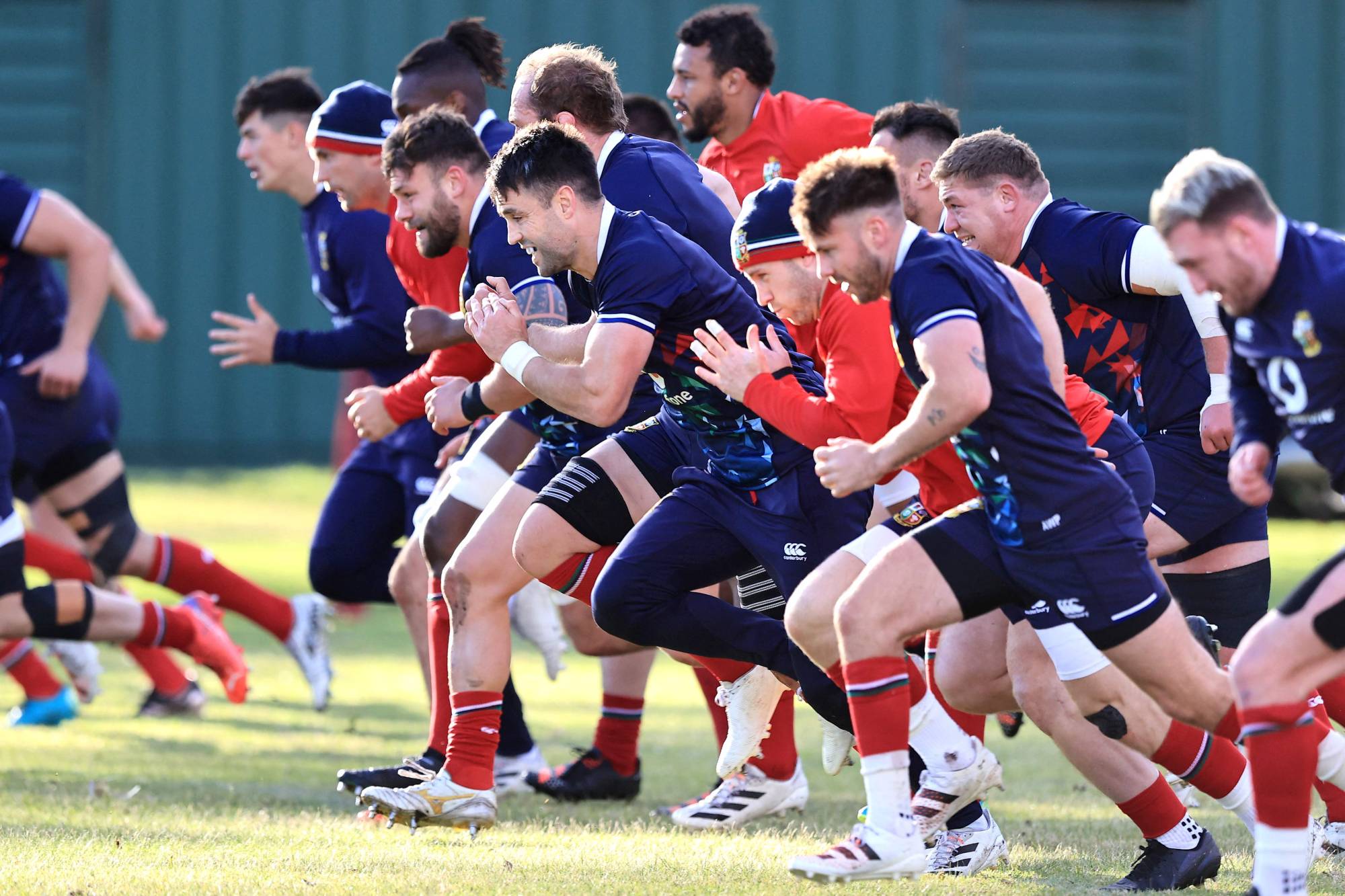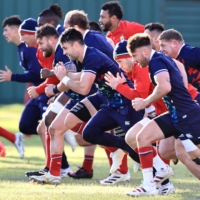A study has found that 50% of elite rugby players showed an unexpected change in brain volume due to impacts to the head, with the foundation that funded the research calling for change in rugby protocols for their long-term welfare.
The study, funded by the Drake Foundation, said around 23% of players also had abnormalities in brain structure in the white matter and blood vessels.
Head injuries, concussions and their potential long-term health impact have been in the spotlight in rugby since former players filed a class-action lawsuit against governing bodies, including World Rugby, alleging a failure to minimize the risks.
"Common sense dictates that the number and ferocity of impacts, both in training and actual play, need to be significantly reduced," the foundation's founder James Drake said in a statement.
"Since rugby was professionalised in the 1990s, the game has changed beyond all recognition. Players are now generally bigger and more powerful, so we have to be mindful of all the ramifications that increased impacts will have on their bodies."
Many former players have been diagnosed with permanent brain damage, early-onset dementia, depression or symptoms and signs of chronic traumatic encephalopathy (CTE).
Rylands Law's Richard Boardman, who is representing the former professional players with brain injuries who are taking legal action against governing bodies, said the results from the study were "shocking."
"Gladiators in ancient Rome wouldn't be happy with (the numbers in the study)," Boardman said.
"Does that mean potentially half of the British & Irish Lions team playing ... have brain disfunction? If so, they didn't sign up for that.
"Secondly, that those tested — the mean age was 25 years old — were so young. In fact, we firmly believe that the percentage of older, retired rugby players with brain damage is likely to be higher still."
A Parliament committee report published on Thursday said the British government has been urged to mandate a minimum standard protocol for concussions across sports in a bid to reduce the risk of brain injuries among athletes.
"Hopefully, the reckless, muscular-Christian, 'survival of the fittest,' approach to contact sports in the U.K., that's been in place since the 19th century, is coming to an end," Boardman added.




